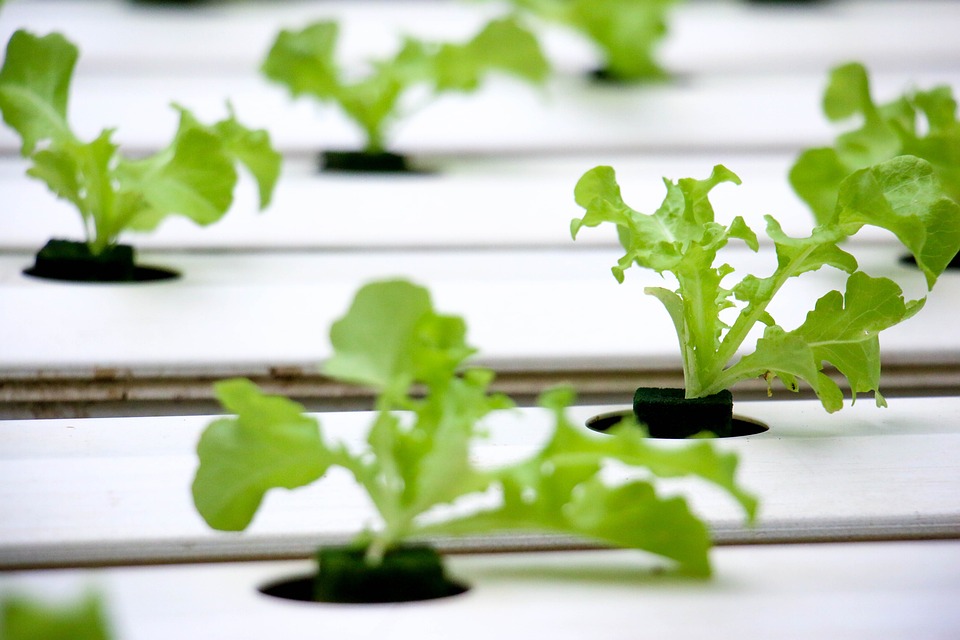Introduction
Hydroponics is a method of growing plants without soil, using a nutrient-rich water solution instead. It has gained popularity among gardening enthusiasts for its ability to produce high-yield crops in smaller spaces and with less water. If you’re a beginner looking to explore hydroponics, here are some essential tips to get you started.
1. Choose the Right Hydroponic System
There are various types of hydroponic systems, such as deep water culture, nutrient film technique, and drip irrigation. Each system has its pros and cons. Consider factors like space, budget, and the type of plants you want to grow when selecting a system.
2. Ensure Proper Lighting
As plants in hydroponics rely solely on artificial light, it’s important to provide them with the right spectrum and intensity. LED grow lights are highly recommended for their energy efficiency and ability to deliver the necessary light for different growth stages. Make sure to position the lights at an appropriate distance from the plants to avoid heat damage.
3. Monitor and Maintain Water Quality
The water in a hydroponic system is the lifeline for your plants. Regularly test and maintain the pH level, electrical conductivity (EC), and nutrient levels in the water solution. Fluctuations in these parameters can negatively affect plant growth. Using reverse osmosis water or high-quality filters is recommended to avoid any contaminants.
4. Follow a Nutrient Schedule
Plants grown hydroponically require a specific balance of nutrients. It’s essential to follow a nutrient schedule provided by the manufacturer of your nutrient solution. This schedule will guide you on when and how much to add to the water solution. Remember to adjust the nutrient solution according to the growth stage of your plants.
5. Maintain Adequate Air Circulation
Air circulation is crucial for preventing diseases and promoting healthy plant growth. Use fans or air pumps to ensure proper ventilation in your cultivation area. This will prevent the buildup of excessive moisture, which can lead to mold or diseases. It also helps plants to develop strong stems as they respond to gentle air movement.
6. Practice Regular Cleaning and Sanitization
To avoid the risk of diseases and pests, it’s important to keep your hydroponic system clean and sanitized. Regularly clean the reservoir, replace any clogged or worn-out equipment, and maintain proper hygiene to ensure a healthy and thriving garden.
FAQs
Can any plant be grown hydroponically?
While most plants can be grown hydroponically, some varieties may thrive better than others. Leafy greens, herbs, tomatoes, cucumbers, and peppers are popular choices for hydroponic cultivation due to their high yield potential and relatively easy maintenance.
Do hydroponic plants need fertilizers?
Yes, hydroponic plants require fertilizers as they do not receive essential nutrients from the soil. The nutrient solution used in hydroponics provides all the necessary elements for healthy plant growth. Remember to follow the recommended nutrient schedule to avoid nutrient deficiencies or excesses.
How often do I need to check the pH and nutrient levels?
It’s advisable to check the pH level and nutrient levels of your water solution every 1-2 weeks. However, it can vary depending on the specific needs of your plants and the type of growing system you have. Regular monitoring will help you maintain optimal conditions for successful hydroponic gardening.




